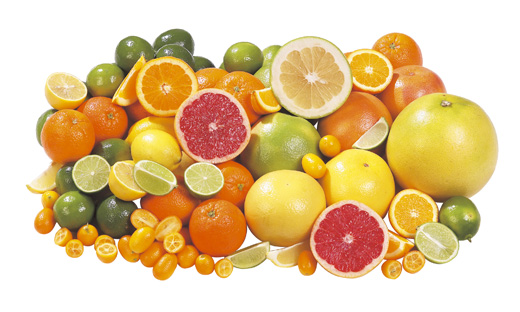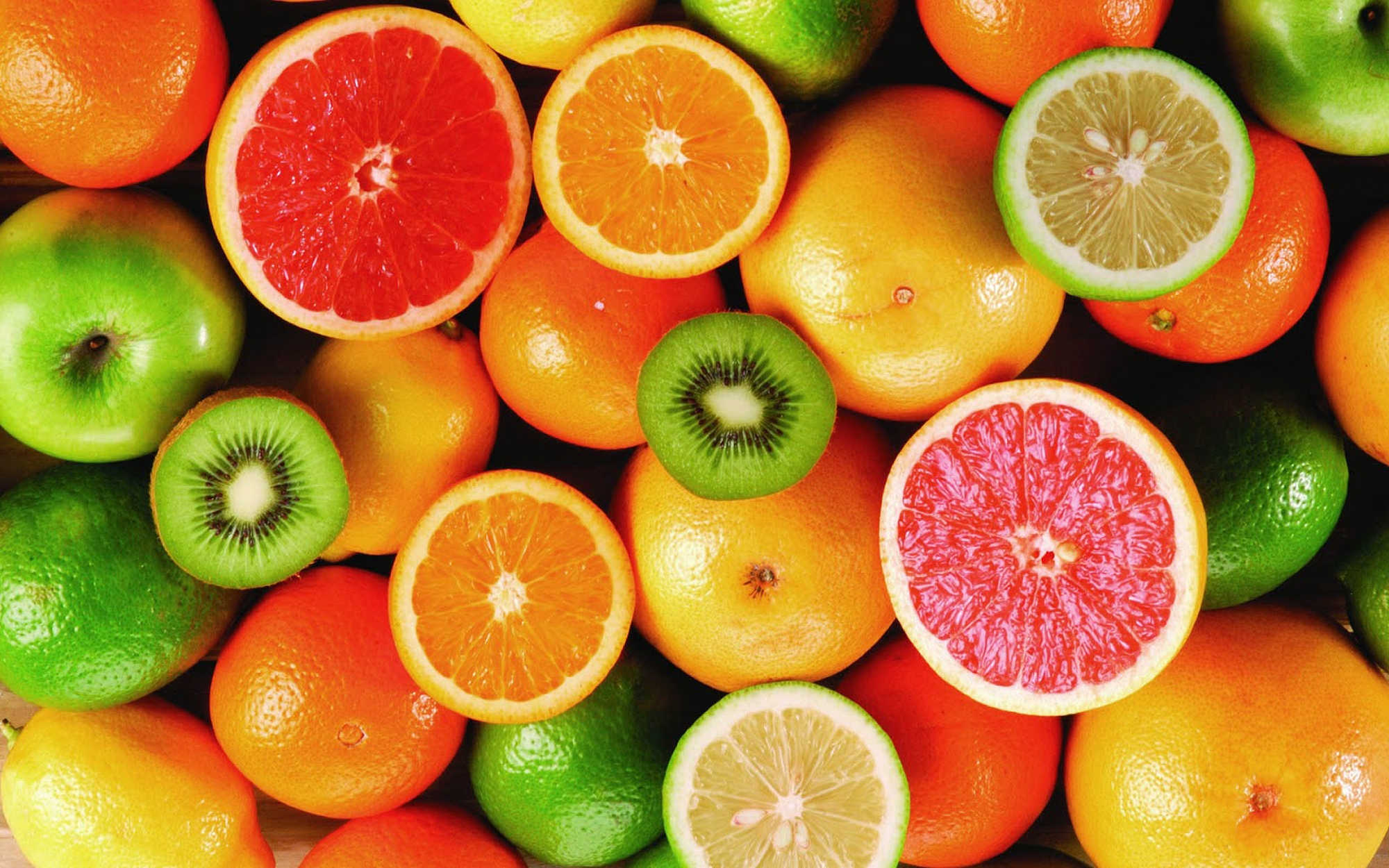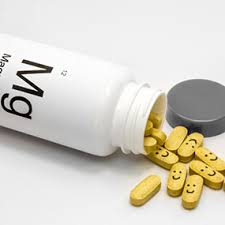Is Vitamin C for Pregnant Women Important?

Vitamin C is an “essential” nutrient. “Essential” means that, unlike just about every other living being on the planet, we cannot manufacture our own supply and need to eat foods containing it. Vitamin C, also known as Ascorbic Acid, is needed for the manufacture of collagen. Collagen, in turn, is used to manufacture new body tissue (specifically cartilage, muscle, bone, skin, gums, and connective tissues) and to repair wounds. Ascorbic Acid is a vitamin for pregnancy also necessary for other nutrients to do their thing.
For example, during pregnancy, without vitamin C, you can take in all the folic acid in the world but you’ll never benefit because it’ll never be converted into an active, bioavailable format. Without C, your abilities to absorb iron from non-heme (in other words, non-animal sources) and store it in your liver and other major organs is impaired. Vitamin C is a powerful immune system stimulant, allowing you to create antibodies to fight off infection and disease. It’s a powerful antioxidant, able to prevent, reduce, or even reverse and repair the damage caused by environmental toxins, poor diet, and the unavoidable consequences of aging. Proper vitamin C levels will contribute to your baby having a healthy birth weight.
Why Do We Need Vitamin C?
Signs of vitamin C deficiency include brittle hair and nails; inflamed gums; pain, sensitivity, and bleeding while brushing teeth; rough, dry skin that does not respond to moisturizing; unexplained bruising or bruising that is worse than would reasonably be expected; and cuts and injuries taking longer to heal than should be expected. In extreme cases, lack of vitamin C leads to scurvy, the disease that gave the Englishman the nickname “limey”, named for the crates of limes they carried on board ship to ward off the disease.
It doesn’t take long for scurvy to develop – within three months of running out of vitamin C, you’ll start to feel extremely fatigued all the time. You’ll be cranky, irritable, and just plain miserable all the time but you won’t know why – just that “something’s not right”. Pain will begin in your limbs, especially your legs since they’re under a heavier load than your arms. You’ll get curious reddish-blue spots on your skin (usually the shins) where hair follicles have gone awry and now the hair’s growing around in a tight little spiral rather like a corkscrew instead of straight. Left ignored, those spots will grow and merge to create unsightly patches.
What Can Happen?
But that’s just the beginning! After that, you’ll get swollen gums that feel soft and mushy and will bleed at the slightest contact (not just when brushing, either). Your teeth will loosen and may even fall out. That pain in your limbs will be joined by bleeding into the joints which will cause extreme pain, swelling, and even locking up of the joint itself. You’ll be out of breath all the time. Any wounds or injuries that healed recently may turn red and swell up; rather as if the healing is undoing itself (which is basically what is happening). Any new injuries might not heal at all. If this is still not enough to get you to the doctor, you will end up with jaundice, full-body swelling, and finally heart failure.
Babies born with scurvy or who develop scurvy after birth will have a poor appetite, will be inconsolably cranky, will fail to thrive, will have diarrhea and a high temperature (38C/100.4F plus). As the condition worsens, the baby will have pain and tenderness in the legs, making diaper changes and baths extremely traumatizing, develop the same reddish-blue spots as an adult sufferer, and will have eyes that bulge out.
So please: eat your fruits and vegetables and make sure you’re getting enough Ascorbic acid! Don’t just jump on a supplement, either – talk to your doctor and pharmacist so that everybody’s on the same page and you all know what is going on. Take a supplement approved for use during pregnancy (not all of them are). Try to avoid chewable vitamin C pills – they’re highly corrosive because of the acid mixed with sugar and when you’re pregnant, your teeth are extra-vulnerable to damage resulting in cavities. There is also a risk that because of the sweetness, it can trigger cravings leading to excessive consumption of chewables – rarely, a baby is born with scurvy to a mother who overdosed on vitamin C. Poor dental health caused by inadequate levels of vitamin C (a vitamin for pregnancy which is needed for the effective utilization of calcium, magnesium, and phosphorus) and/or chewing vitamin C tablets can cause periodontal disease which, in turn, can trigger premature labor.
Vitamin C is highly fragile – just vigorously shaking a bottle of juice can destroy a significant amount of the available ascorbic acid. It is also destroyed by heat, oxygen, and sunlight, so try to eat food sources raw when possible and safe to do so, otherwise cook them lightly using as little liquid as possible (lightly steamed, for example).
The current recommended daily intake of Vitamin C is 85mg for pregnant women. Vitamin C is available in abundance through sources such as broccoli and other members of the cruciferous family; sweet peppers; dark green leafies such as spinach; citrus fruits; and, really, any fruit or vegetable that has a deep, rich color such as papaya, carrots, and strawberries.
[lamoud_Pregnancy_Calculator]My content[lamoud_Pregnancy_Calculator]





